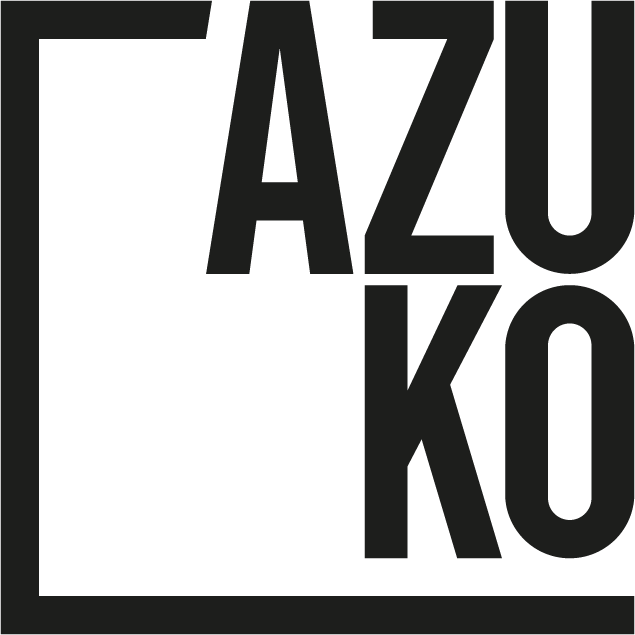We attended a ‘design quality’ conference for the built environment. One workshop, ‘Winning the hearts and minds’ was summarised as, ‘Engaging the community to obtain a YIMBY instead of a NIMBY (not in my back yard),’ or ‘How to assure you get your design through planning without local opposition’.
This suggests quality design is not a result of quality engagement, but rather, engagement is simply a tool to gain people’s favour (and that we already know what quality design is, so why would we need to learn from those who live and work there?)
What our project with Emmaus St Albans shows is that quality engagement right from the outset is vital for design that does what it’s supposed to do - meet users needs, hopes and dreams.
We began working with homelessness charity Emmaus UK in collaboration with Ryder and CRASH. We led a participatory design process to define the ‘big idea’ for expansion of their building in St Albans. This building is responsible for housing, training and employing 33 formerly homeless people.
Emmaus UK supports over 700 homeless men and women every year, known as companions. The social enterprise arm of Emmaus UK - their shops - recycles or reuses 3,302 tonnes of items. The shops are central to the charity’s success. They provide opportunities for companions to rehabilitate, learn and grow, while supporting the financial sustainability of the charity.
We gained insight into the experience and needs of those using the building - the companions, staff, leadership and trustees through co-design workshops, interviews, focus groups, participatory photography, and most importantly conversations over cups of tea.
A consensus was reached to expand the storage and shop floor space, something that came as a surprise to the Chief Executive, who believed the companions would have chosen to expand the leisure space.
Since the completion of the building, “profitability went up 23%”. The CEO, Tony Ferrier, believes the expanded space and storage has allowed staff to better look after and store items, creating an improved experience for them and for customers.
The St Albans location has added resiliency to the greater Emmaus Hertfordshire branches. One staff member shares,
“It’s taken a bit of pressure off. We have another shop that isn’t doing quite as well. It still means that we’re keeping steady. [It’s] a safety net.”
Our early conversations with companions revealed that there was a fundamental issue with loading furniture and other goods into the shop. There were between 7 and 10 tonnes of furniture going through the front door each year, which caused “havoc” one companion described.
“It’s made a vast improvement on the shop. I could remember one time we were having to lug an item, trying to stack it in there and trying to lift [sofas, king sized beds and stuff like that] past customers without hitting them... trying to get it through that front door, which is not exactly the biggest.”
Friction with customers before the extension led to arguments. This friction was aggravated by the physical and psychological state the companions may be in at any particular time. One companion shared, “a lot of people that come in here they suffer from anxiety, depression… not able to talk to people. When I first moved in here, I had really bad anxiety”.
The new space has gone a long way to address the range of needs for the range of users. As a result of the building “you’re not banging around so much, you’re not trying to dodge customers” and “we don’t have customers diving on us before the furniture’s even been put up”.
Since construction, companions and staff have noticed a range of positive outcomes. Aside from, “it has made life a lot easier” the expanded space has ultimately resulted in:
Increased safety in the management of stock coming into and out of the shop - greater ease of working
More opportunities for companions to work and grow
Fewer mistakes, particularly around merchandising - greater confidence working on the shop floor
Reduced friction between companions and customers
A greater sense of place and belonging in the building
More professional layout of goods
These outcomes are a direct result of brilliant collaboration between companions, staff and customers. The shop has improved financial sustainability for the charity, the shopping experience for customers, and physical and psychological security for companions.
To learn more visit the project page.
Author: N. Ardaiz




